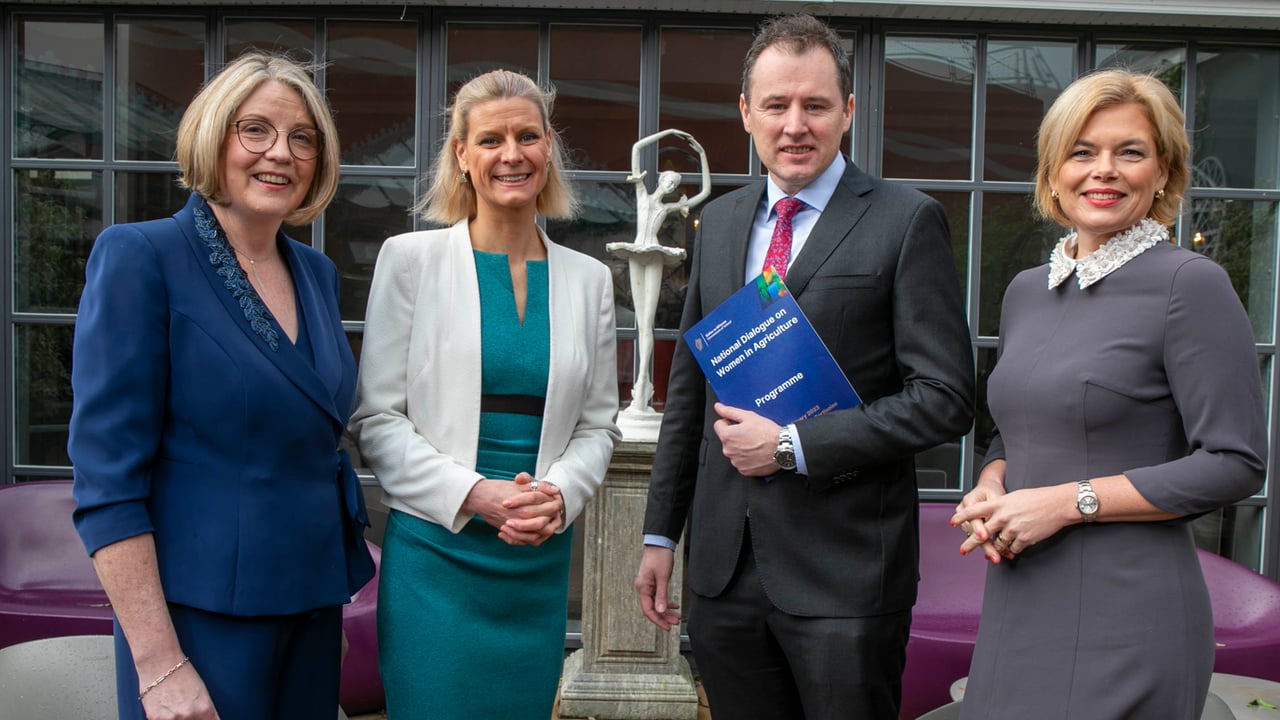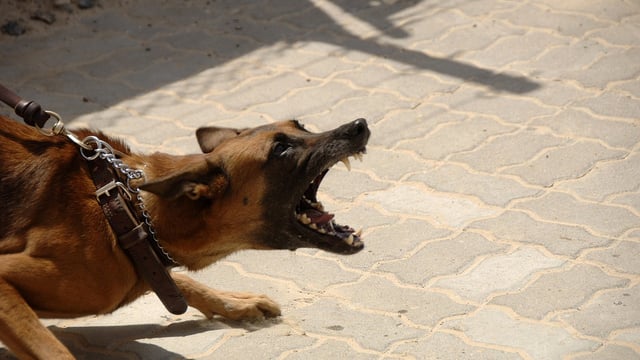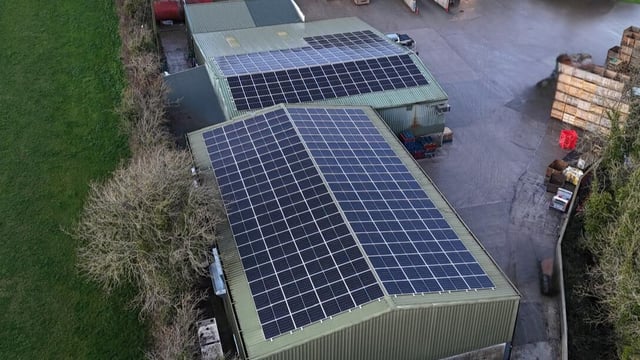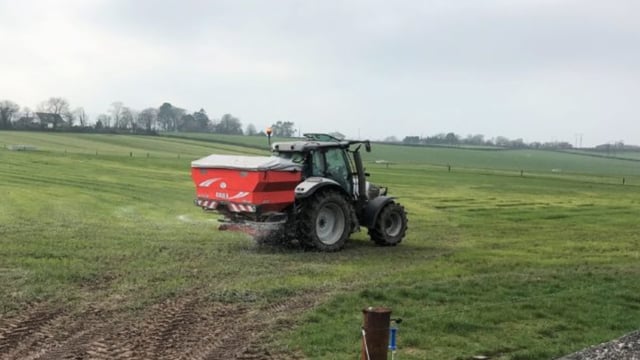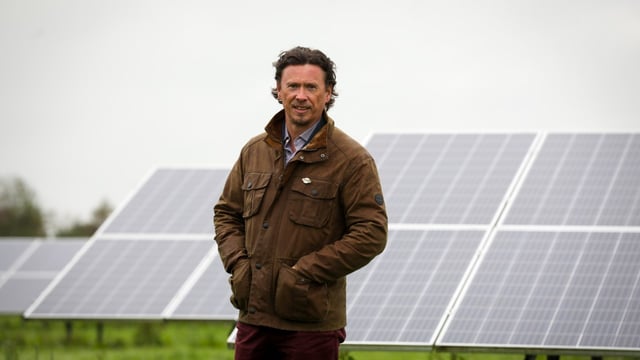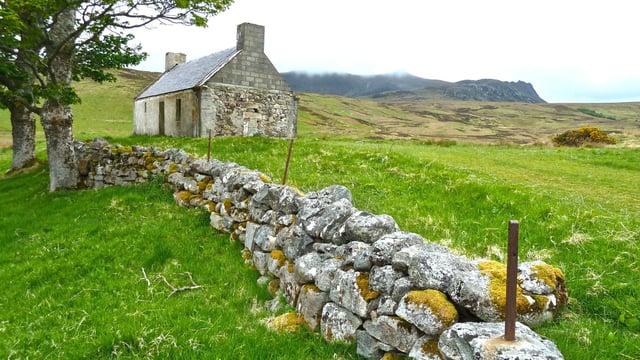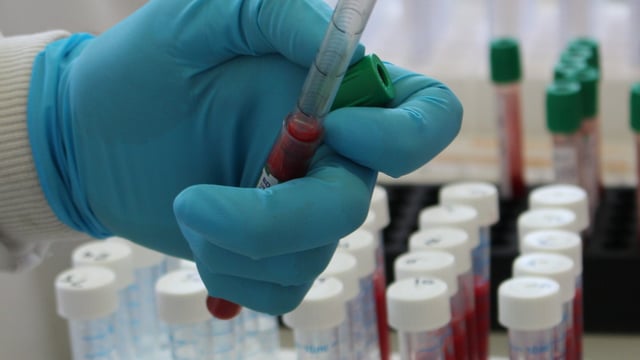Women farmers role 'not appreciated' - McConalogue
Women need to be more "visible" in farming and the agri-food sector in order to change the landscape in the future, the first National Dialogue on Women in Agriculture has heard today (Wednesday, February 1).
It is a fact, according to the Minister for Agriculture, Food and the Marine, that agriculture "is still largely a male-dominated sector" and "the crucial role women play is often not fully understood or appreciated".
Minister Charlie McConalogue told the conference in Co. Laois that he believes it is "time to take the role of women farmers out of the shadows and put them firmly in the spotlight".
"While some 12% of herd numbers are held by women, that does not tell the whole story of the effort, skill and sacrifice made by women on the family farm," he said.
Women working on farms
The minister highlighted a number of facts that the largely female audience were probably more than aware of, that women make up only 27% of the 280,000 people working on farms in Ireland and just 13% of farm holders.
He also pledged that the government was committed to supporting a different gender balance in farming and referenced Ireland’s latest Common Agricultural Policy (CAP) strategic plan as an example of that commitment.
"We have included several measures in the CAP which will support greater gender equality," Minister McConalogue said.
At the conference he announced details of a new research project that aims to hear from women farmers and workers and hear about the challenges they face.
"The resulting project Highlighting pathways to Empower Rural women to have Sustainable & Equitable Livelihoods in Farming (HER-SELF) aims to establish a position on women in farming and the agriculture sector, providing evidence for future policy interventions to enhance the role of women in the sector in the future," he added.
The conference, chaired by former minister for agriculture, Mary Coughlan, also featured a number of high-profile speakers from the worlds of farming and the agri-food sector who shared their experiences and examined potential barriers to success.
The former German Minister for Agriculture, Julia Klockner, told the audience that the experiences of women in farming in Germany may not have been that different from their counterparts in Ireland.
She said that in the past, farmers with only daughters would receive "pitying looks" and marry off their daughters to get a son in law to succeed in the farm.
"We must recognise this contribution, we must make women more visible - they have to be there, do their jobs and be a role model and get more knowledge.
"They know what they are doing, some recognise what they are doing, but we all need and must want to improve the position of women in farming - we have to do that," Klockner said.
The German politician was just one of the speakers who highlighted the issue of visibility in relation to women in farming during the conference.
Many highlighted that more role models, more examples of successful women farmers and senior industry leaders in the agri-sector will inspire the next generation to become farmers.
A panel which featured Siobhán Talbot, chief executive of Glanbia; Karen Brosnan, from CERES, the women in agri-business leadership network; Caroline Bocquel, chief executive of Bord Iascaigh Mhara; and Christine Farrell, Bord Bia, also examined what women need to succeed in the worlds of farming and agri-food.
They agreed that a "support infrastructure" was one of the defining factors between success and failure but also "flexibility, direction from leadership, self belief, balance and not being too hard on yourself" were also fundamentally important.
Herd numbers
Key issues such as herd numbers, milk cheques, inheritance, education and land mobility also dominated discussions today.
Why women's names may always be on the loans but not always on the milk cheques, why succession is still a major hurdle for farm families, and what needs to be done to change the "culture" of farming in Ireland were keenly debated.
The minister for agriculture's key message for the audience in Co. Laois today was that "power" is in their hands now.
"You are the next generation of giants. People who in 10 or 20 years' time will be known has having contributed meaningfully to positive change for women farmers in this country," he said.
The minister also detailed that discussions and feedback from the conference will be compiled into a report that will inform government policy.

